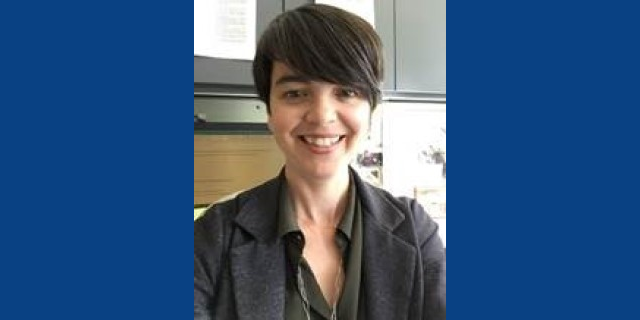SEMINAR RECORDING - Risk Stratified Breast Cancer Screening: The PERSPECTIVE I&I Study, Dr Jennifer Brooks
Dr Jennifer Brooks, Dalla Lana School of Public Health, University of Toronto
Click here to watch the zoom recording of this seminar
Early detection of breast cancer through screening reduces breast cancer mortality. The benefits of screening must also be considered within the context of potential harms (e.g., false positives, overdiagnosis). Furthermore, while breast cancer risk is highly variable within the population, most screening programs use age to determine eligibility. A risk-based approach is expected to improve the benefit-harm ratio of breast cancer screening programs. The PERSPECTIVE I&I (Personalized Risk
Assessment for Prevention and Early Detection of Breast Cancer: Integration and Implementation) project seeks to improve personalized risk assessment to allow for a cost-effective, population-based approach to risk-based screening and determine best practices for implementation in Canada. This commentary describes the four inter-related activities that comprise the PERSPECTIVE I&I project.
1. Identification and validation of novel moderate to high-risk susceptibility genes.
2. Improvement, validation, and adaptation of a risk prediction web-tool for the Canadian context.
3. Development and piloting of a socio-ethical framework to support implementation of risk based breast cancer screening.
4. Economic analysis to optimize the implementation of risk-based screening. Risk-based screening and prevention is expected to benefit all women, empowering them to work with their healthcare provider to make informed decisions about screening and prevention.
Biography
Dr. Jennifer Brooks is an Associate Professor of Epidemiology at the Dalla Lana School of Public Health at the University of Toronto. She completed her PhD in epidemiology at New York University and her post-doctoral fellowship at Memorial Sloan Kettering Cancer Center in New York. Her research integrates epidemiologic, genetic, clinical, imaging, and administrative
health data to study breast cancer risk, and survivorship. Specifically, her work seeks to apply risk prediction tools to inform breast cancer screening and prevention. She also studies the impact of breast cancer treatments on patient outcomes including second primary contralateral breast cancer and treatment-related late effects.
